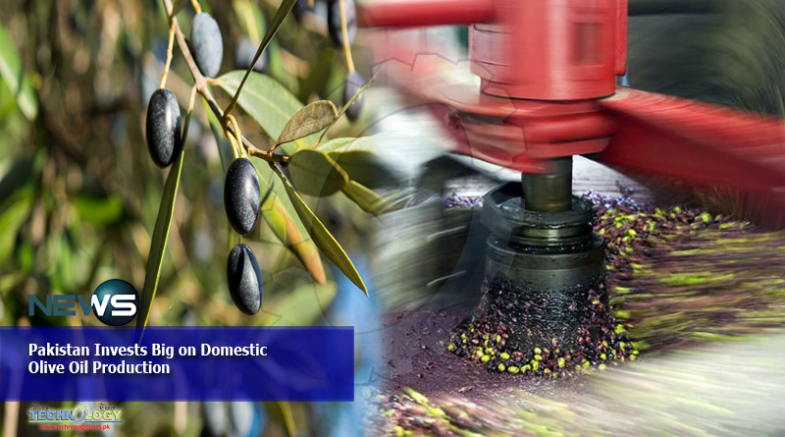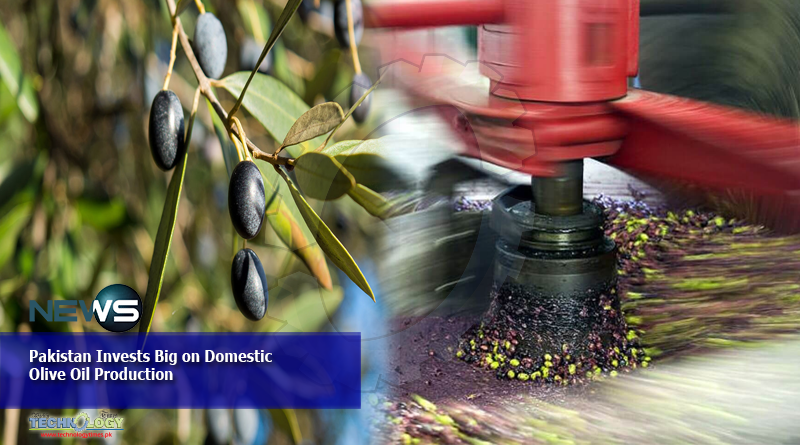New government project is providing support and training for olive growers and oil producers. The goal of Pak Olive is to boost Pakistan’s fledgling olive oil industry from relative obscurity to international recognition.

Olive production will be increased up to the mark. With the 2019/20 season, the estimated olive oil production capacity in Pakistan will reach approximately 1,400 tons. By the year 2027, production is expected to reach 16,000 tons.
With the help of several countries and olive producers, Pakistan is boosting its efforts to reduce dependency on foreign edible oils and become a new player in the olive oil world.
The newly-coined brand, Pak Olive, is the name and certification chosen by the government to label the high-quality olive oil coming from the public sector.
Hundreds of thousands of trees have been planted in the last 10 years and most are now growing in regions which experts consider to be well-suited for olive cultivation.
Pakistan began producing olive oil back in 2010, benefiting from strong agricultural cooperation efforts with Italy and Spain as well as commercial cooperation with China.
Thousands of trees were imported into the country, together with experts who helped to identify the most promising areas for olive cultivation. Around 10 million acres have already been identified for growing olives; areas in which the crop will not compete with other fruit trees, cereal or oilseed crops.
The indigenous production of olive nursery plants is very limited. That is why the federal government is importing certified olive nursery plants of different varieties from various countries, both for oil and table olive production.
Technical Assistance to the farmers for this new crop in terms of orchard management, processing, and nursery production is lacking at present, but it is provided for under the project.
To be competitive in the international market, the project will also train workers on how to use modern extraction techniques in the mills.
Interest from farmers in growing olives and producing oil is also growing rapidly. This has partly been fostered by the special characteristics of the olive trees, which can survive in dry and arid conditions that are generally inhospitable for other crops.
Pakistani growers are very keen to grow olive plantations because they have very poor production from other crops or have lands that are not cultivated but where olive trees could thrive.
In addition to being drought tolerant, olive trees also require relatively low levels of investment, compared to other crops, while still yielding a return, which has also increased interest in Pakistan.
Furthermore, the government is actively working with the farmers to get the groves going.
